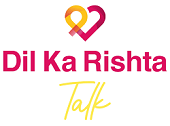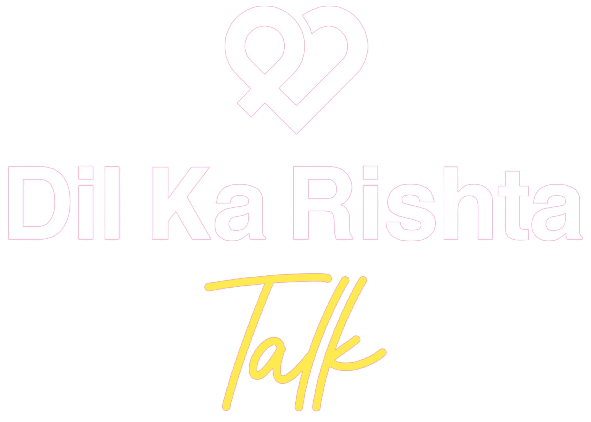Who knew a pandemic would strike the world in 2021! After all, this is the 21st century and we have it all covered, right? No. The entire world experienced a wave of Corona Virus or Covid-19 as it’s commonly known, in the beginning of 2020. What originated as a virus from China in 2019, has killed approximately 4.45 million across the globe and counting. This highly contagious respiratory tract infection causing virus refrained people from all and every sort of human and social contact. With its different variants, the Delta variant being the recent one, the end to this pandemic is nowhere to be seen in the near future. This pandemic is here to stay and the world is slowly coming to terms with the altered lifestyle amidst the government-imposed lockdowns in several countries.
Covid and mental health woes
It is imperative to note that the ongoing pandemic has subsequently added to the woes of billions across the world taking mental health in its stride. The loss of jobs and unconducive working environments have hampered their productivity. Additionally, prolonged indoor confinements and minimum to absolute zero contact with their dear ones has taken a toll on their physical and mental health.
A review of 36 studies conducted across the world has found that around one in three people are suffering from stress, anxiety or depression during this pandemic. The study also suggests that the Covid-19 led unemployment may lead to almost 10,000 additional suicides a year. Another analysis of 160 studies conducted in eight South Asian countries including Pakistan also suggests that one in three people have experienced symptoms of anxiety and depression throughout the looming pandemic. Moreover, 24 million people in Pakistan need psychiatric assistance and evaluation with women constituting a major portion of it according to a WHO study. In the light of such distressful conditions, there are not even enough resources to identify and treat people with the increasing needs. This is just the tip of the ice berg.
Mental health, still a taboo in Pakistan
Mental health is a social taboo in Pakistan. Eye rolls? I know! Sadly, this is true and the collective societal structure and its psyche has made matters worse. More often there is a stigma attached to mental health coupled with ridicule and cultural insensitivity. It is a general perception that mental health counselling is for the weak and in other cases, people are quick to label them as mentally disabled and dangerous for the society. While in other cases, many would rather sweep it under the rug than to discuss it with a closed one.
Many lost their loved ones to COVID -19 and have eventually been suffering from post-traumatic stress disorder (PTSD). The lack of adequate mental health infrastructure and the non-supportive attitude of the collective society has added to the miseries of many Pakistanis trying to seek help.
Dil Ka Rishta App: Matches for Every Age, Caste, and Profession
Marriage is one of life’s most beautiful bonds, and finding the right partner has always been an important yet delicate journey. In today’s busy world, people seek a platform that understands their needs, matches their preferences, and offers...













